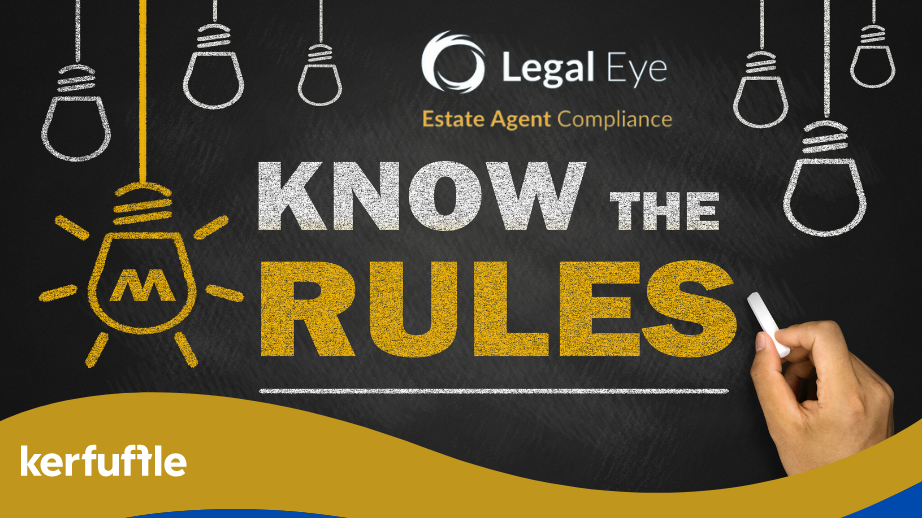Don’t fall foul of AML rules
As of January 2020, letting agents that receive rental payments equivalent to €10,000 or more (per month, per property) are subject to anti-money laundering (AML) legislation. But not all agents are compliant. The Q1 2022-23 financial year data shows that the average AML fine issued to estate agency businesses has increased. And a 2020 UK AML National Risk Assessment report highlighted the particularly high-risk nature of the lettings market.
Here are some top tips to boost compliance across the sector.
1. Get to know the AML regulations
The Fifth Money Laundering Directive (5AMLD) came into force on 10 January 2020. Designed to crack down on illicit and terrorist financing, under the Directive, firms must implement a risk-based approach to identifying, assessing, understanding, and mitigating money laundering threats.
5AMLD is known as the Money Laundering and Terrorist Financing (Amendment) Regulations 2019 in the UK.
2. Understand the risk
Criminals use rental property to launder “dirty” money and hide the proceeds of crime in several ways. For example:
Letting out properties purchased with laundered money
Using rental payments to launder funds
Using so-called ‘ghost lettings’ (e.g., where rent is paid regularly, but nobody actually occupies the property).
Letting agents must take robust and appropriate steps to identify and assess the risks of money laundering and terrorist financing, and stop organised crime gangs from exploiting the sector. This includes carrying out a risk assessment for money laundering and keeping up with new and emerging trends. Robust customer due diligence (CDD) on any party involved in a tenancy with a monthly rent of €10,000 or more, and taking all reasonable measures to verify the identity of beneficial owners is also essential.
3. Register with HMRC
HMRC regulates the AML obligations of estate agencies in the UK. And today, UK letting agents are required to register with this supervisory authority. You must register with HMRC if your business carries out any work defined as estate agent activity as set out in the Estate Agents Act 1979.
It’s a criminal offence to trade as an estate agency business without being registered.
4. Make sure your policies and practices are in order
HMRC has published guidance for estate agency businesses to help them comply with their AML obligations. To meet these obligations, letting agents must ensure that their AML policies, supporting policies, documents, procedures and training are all relevant, up-to-date, and correct.
They must also appoint a Money Laundering Reporting Officer (MLRO) responsible for compliance with the regulations, and ensure all employees know to report any suspicious activity – including that of their colleagues –to the appointed MLRO.
Estate agents can find out more about whether their AML practices would pass scrutiny by HMRC here.
At Legal Eye, we can assess the compliance of your firm’s policies against HMRC, and identify any action you need to consider.
5. Understand the consequences of non-compliance
If a letting agent fails to comply with the AML regulations, they could face reputational damage, closure, unlimited fines and/or a prison term of up to two years. Furthermore, the act of money laundering – or assisting in money laundering – is punishable by up to 14 years in jail. To avoid such severe consequences, all employees must be aware of the law and their obligations via regular training.
Dozens of estate agents have already received fines of more than £500,000 for breaching AML rules. But the good news is that outsourced audits and reviews can help estate agents to understand the regulations and industry requirements, and adapt their training, processes, and procedures accordingly.
Find out how Legal Eye can help your agency here.




